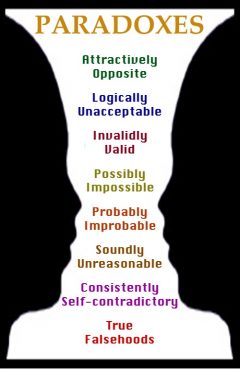Scitovsky Paradox

Release Date: //
Country of Release:
Length:
MPAA:
Medium: Paradox
Genre:
Release Message: Using the Kaldor_Hicks criterion, an allocation A may be more efficient than allocation B, while at the same time B is more efficient than A.
Description: The Scitovsky paradox is a theory which states that in welfare economics there is no increase in social welfare by a return to the original part of the losers. It is named after the Hungarian born American economist, Tibor Scitovsky. What he demonstrated was that if an allocation A is deemed superior to another allocation B by the Kaldor compensation criteria, by a subsequent set of moves by the same criteria, we can prove that B is also superior to A. The paradox occurs when the gainer from the change of allocation A to allocation B can compensate the loser for making the change, but the loser could also then compensate the gainer for going back to the original position.